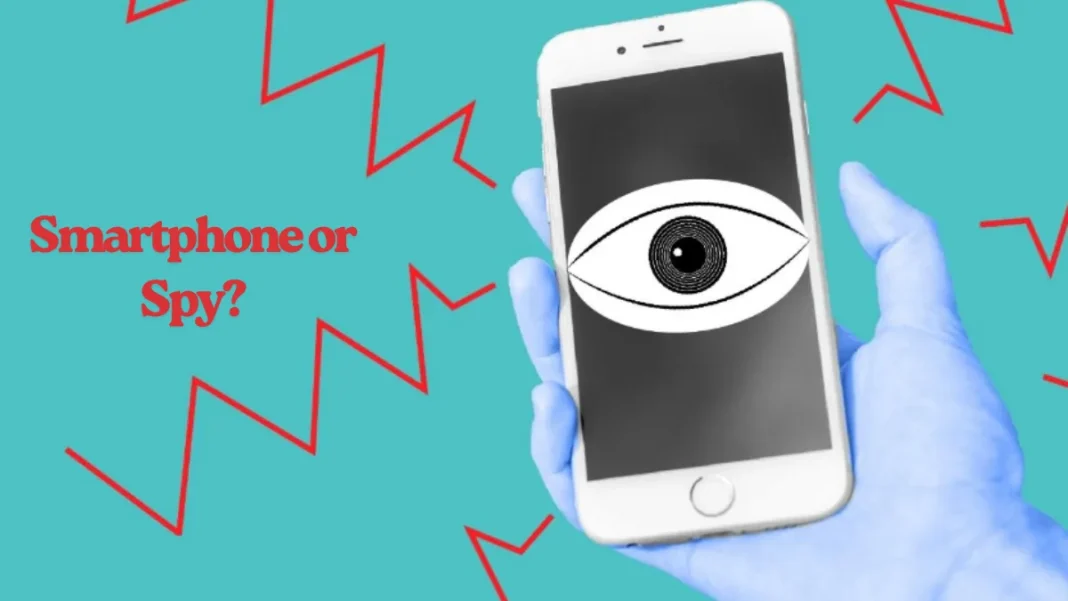Key Takeaways
- IIT Delhi researchers reveal GPS can track activities like sitting, walking, and hand gestures with 99% accuracy.
- This surveillance works without needing camera, microphone, or motion sensor access.
- Indoor spaces can be mapped with less than 4-meter errors using only GPS signals.
Your smartphone’s GPS is secretly tracking far more than your location, according to a groundbreaking study from IIT Delhi. Researchers found that with precise location permissions, apps can monitor your activities, gestures, and even map indoor spaces without ever activating your camera or microphone.
How GPS Surveillance Works
A team led by Professor Smriti R Sarangi and M.Tech student Soham Nag discovered that GPS signals contain hidden data about your environment. Their research, published in ACM Transactions on Sensor Networks, shows how apps can analyze Doppler shifts, signal strength, and multipath interference to detect whether you’re sitting, standing, walking, or lying down.
The system they developed, called AndroCon, can identify if you’re riding the metro, walking in a park, or in a crowded area. More remarkably, it can map indoor layouts including rooms, staircases, and elevators by analyzing GPS signals and movement patterns.
Concerning Accuracy Levels
During a year-long study covering 40,000 square kilometers, AndroCon achieved up to 99% accuracy in identifying human activities. It even detected subtle gestures like hand-waving near a phone. The indoor floor plans created had errors of less than four meters, demonstrating both impressive capability and significant privacy concerns.
Privacy Implications
This research highlights a major security gap that most users never consider. While GPS helps with navigation and ride-hailing, this fine-grained data could be used to monitor your environment and movements without your knowledge.
The study confirms that Android apps don’t need camera, microphone, or motion sensor access to collect intimate user details. By combining signal processing with machine learning, ordinary GPS readings become a sophisticated covert sensor.
What This Means for Users
This technology opens possibilities for smarter context-aware services, but also creates significant privacy risks. Any app with precise location permissions could potentially spy on your surroundings.
The clear message for smartphone users: think carefully before granting apps access to your precise location. That simple permission could reveal much more about your life than just where you are.




